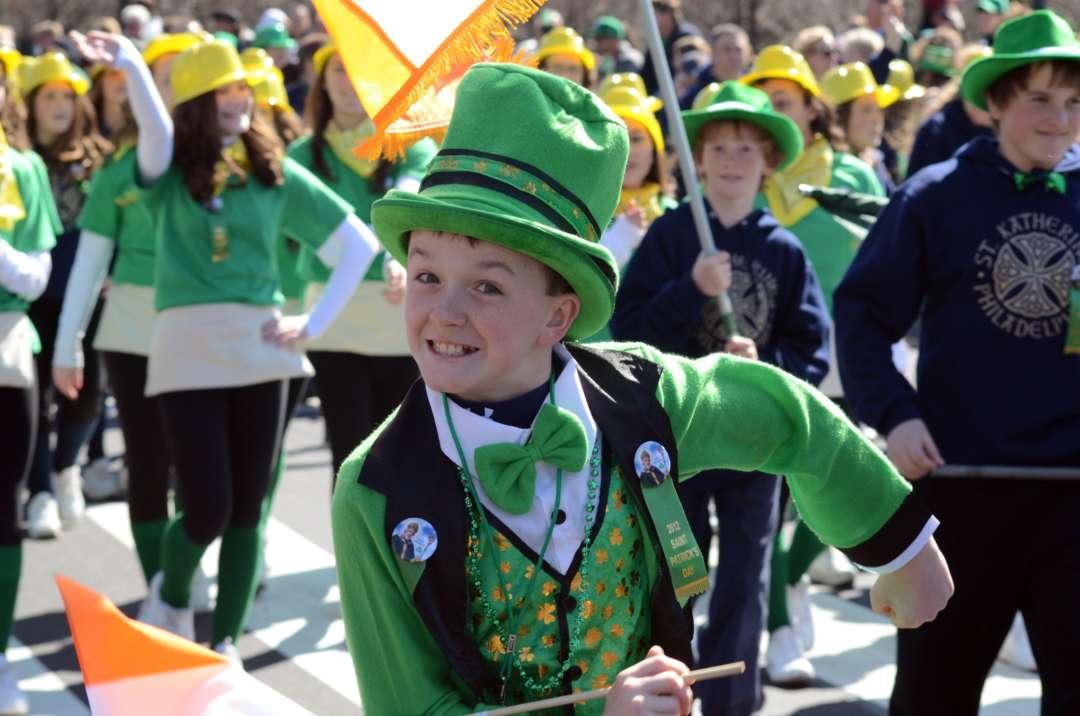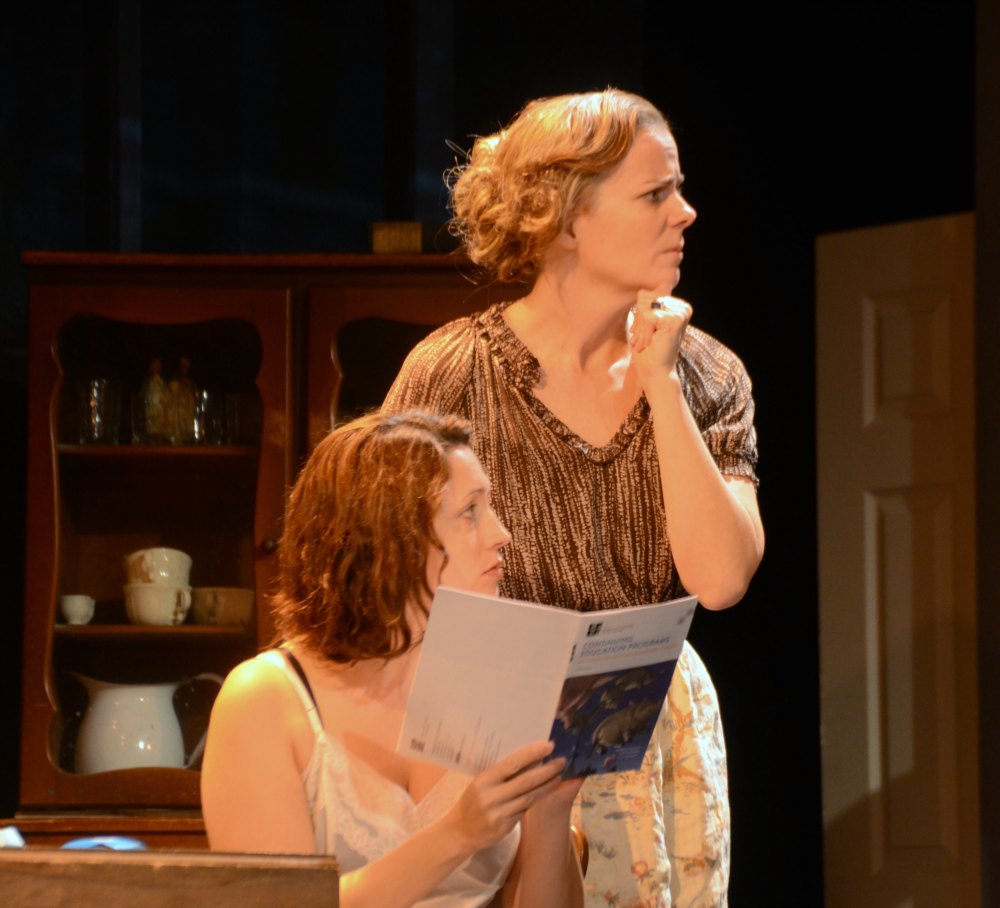With COVID-19 still very much an issue and a city moratorium on large gatherings in effect, the Philadelphia St. Patrick’s Day 250th parade is postponed until next March.
But fear not—you’ll probably be able to get your parade fix, at least in a little way.
The Philly parade was the first major event to be canceled in the city last year when the pandemic first started to take root. It was a major disappointment, but completely understandable. Making the same call this year also made sense, says Michael J. Bradley, Jr., a member of the St. Patrick’s Day Observance Association’s executive committee and parade director from 2002 to 2019.
“We discussed it at our November board meeting,” he says. “With a moratorium on large events until February 28, we thought that there’s no way 100,000 people are going to come out to watch the parade two weeks later. It’s just not going to happen.”
Moreover, planning for the parade begins many months in advance. “When you have something that large and you involve Homeland Security and you involve the police and you have transportation and all the logistics, that planning really starts in earnest in November,” Bradley says. “You don’t just pull the plug. You don’t just say, ‘Oh, you can just show up that day and it’s not a big thing.’”
He acknowledges that canceling the parade is a big disappointment for all the people who march in the parade—especially all the kids who take part, typically, but not exclusively, as members of the area’s various dance schools. Bradley is chairman of the Philadelphia Catholic Archdiocese’s Delaware County elementary school board. Right now, job one is keeping them in school, and safely. So to bring all of the children from the surrounding area into Center City for a big parade, he says, doesn’t make a lot of sense.
Joe Fox, chairman of the parade association board, agrees, and given the situation, he’s not disappointed. “If it was for something I could control, I would be,” Fox says. “But since it’s something I can’t control, no. I know a lot of people are dying to get back out there and get back into the parade. And so are we. But we want to do it safely. We want to do it right.”
He does note that the cancellation has had an impact on parade fund-raising. By this point, about 90 percent of the dollars necessary to present the parade would have been raised, largely through big venue events and corporate donations. The board is exploring alternative ways to raise funds, but also beginning to investigate large-dollar donations form corporate and other sources. “We’re just trying to roll with the punches and see where those opportunities exist and how we can approach that effectively,” he says.
In the meantime, parade devotees might be able to get their fix this year in a virtual way. The parade association is working with Fox29, which televises the parade, to present “best of” footage to air on parade day and again on St. Patrick’s Day, Fox says. Local bands and dance schools might be able to record performances to provide to the station as part of the presentation. The parade Mass could also be pre-recorded and presented.
The parade is especially meaningful for Bradley, who was selected as grand marshal of last year’s parade. He’ll still be grand marshal when the 250th parade steps off next March.
“I’ve had a lot of people saying, I’m so sorry,” Bradley says. “But I’m not disappointed at all. It’s the right thing to do. There are a lot of people in this country who have died. A lot of people sick. A lot of people have lost their jobs. In the scheme of things, the parade is supposed to be a celebration. Well, let’s celebrate when everybody’s ready to do this. Let’s do it right.”


